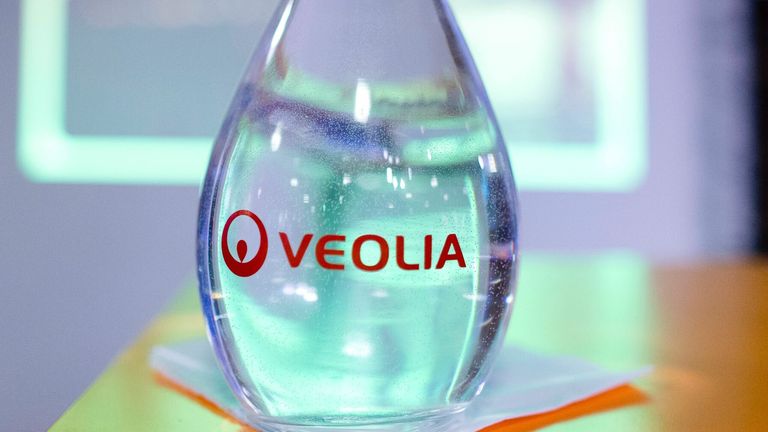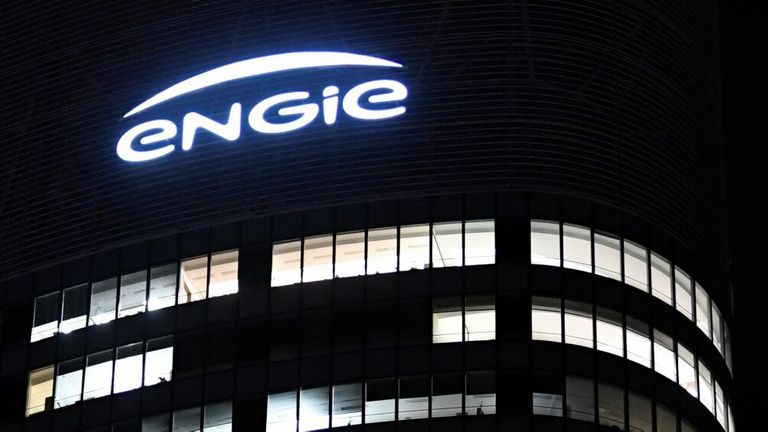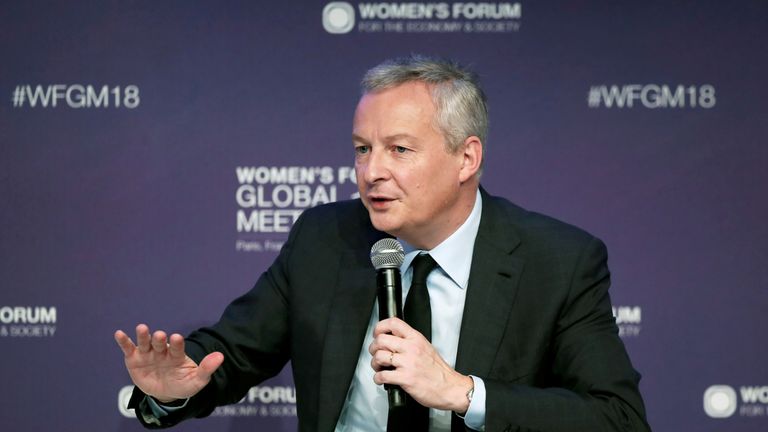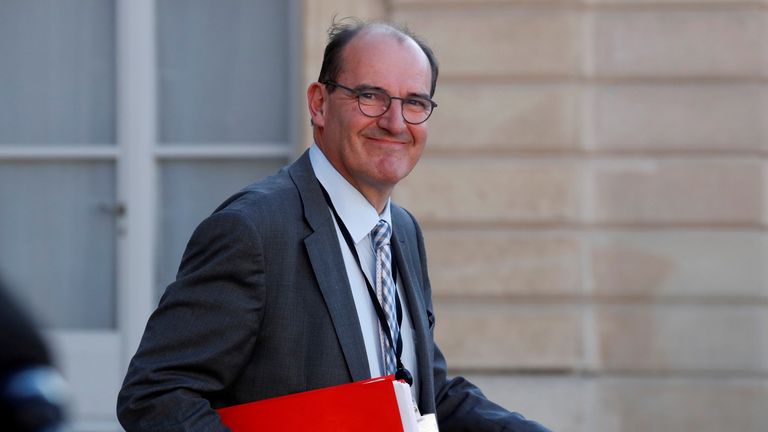They do takeovers differently in France.
Hostile takeover bids are a rarity in the country: there have been just a handful during the last decade and the last successful one, a €2.5bn (£2.2bn) swoop by the commercial property company Gecina for its domestic rival Eurosic, was as long ago as 2016.
The last big headline-grabbing hostile bid, an €8.3bn (£7.5bn) tilt by the insurer Covea for its rival Scor, was abandoned at the beginning of last year.
For the establishment in France, hostile bids are “un-French” – an ugly feature of vulgar Anglo-Saxon capitalism.
Trades unions and politicians are both adept at campaigning against takeovers.
Famous examples include when, in 2004, the Chirac government encouraged the French drug-makers Sanofi and Aventis to merge when the latter was threatened by a possible takeover by Swiss rival Novartis.
A year later, it threatened to block an attempted takeover of the food and drink company Danone, with Dominique de Villepin, the prime minister at the time, describing the business – best known for its yoghurt – as a national “crown jewel”.
The would-be buyer, PepsiCo, walked away and it was subsequently reported that Danone was on a list of 10 French companies – others included the supermarket operator Carrefour and the bank Societe Generale – that Mr de Villepin intended to keep French.
The following year, 2006, the government passed a law aimed at strengthening the ability of French companies to withstand takeover approaches following a successful takeover of the Luxembourg-based steelmaker Arcelor, which at the time employed thousands of workers in France, by the Indian steel magnate Lakshmi Mittal.
In short, takeovers – especially hostile ones – are frowned on in France.
All of which helps explain why the business world is agog at a battle currently raging between two giant French utilities, Veolia and Suez, which together employ more than 250,000 people worldwide.
The saga began when, at the end of August, Veolia offered to buy a 29.9% stake in Suez.
That stake was owned by Engie, the company formerly known as Gaz de France, which merged with the original Suez in 2006 in a government-engineered deal aimed at seeing off a bid for the latter by Enel of Italy.
That deal was all about creating a French national champion in the field of power generation and the company’s waste and water assets, handed back the Suez name, were subsequently demerged – with Engie retaining a stake.
After a bit of back and forth, during which Veolia was obliged to sweeten its offer and a rival bidder for the stake walked away, Engie agreed on Tuesday this week to sell to Veolia for €3.4bn (£3.1bn).
The sale, valuing the whole of Suez at €11.2bn (£10.1bn), paves the way for a full-blown takeover.
In agreeing to buy the stake from Engie, Veolia promised it would not launch a hostile bid for Suez, insisting it would be seeking approval from the latter’s board.
It also promised to cut no jobs in France.
Arguably, it had little choice in this, as Engie is in turn 24% owned by the French government.
Bruno Le Maire, the French finance minister, had made clear he wanted to see a “friendly” combination between the two companies.
He told French radio: “Forced marriages do not work.
“An industrial operation of this calibre cannot operate without an agreement between the two sides.”
Suez, naturally enough, is screaming blue murder.
Its board published a letter on Tuesday in which it said: “Suez takes note of the purchase by Veolia of 29.9% of its capital in a hostile manner and under unprecedented and irregular conditions.
“The group…will use all the means at its disposal to protect the interests of its employees, its customers and all its stakeholders, in particular to ensure equal and fair treatment of all its shareholders and avoid a creeping takeover or de facto control.”
What may surprise many onlookers, particularly in Britain, is the sheer size of these companies.
In the UK, the sector is fragmented, with the vast majority of British households and businesses supplied by one of the 10 combined water and sewerage companies – such as Thames, Yorkshire, Severn Trent and Anglian – that were privatised more than 30 years ago.
In France, the market is more concentrated, with most homes and businesses supplied with water and sewerage services by one of three companies – Veolia, Suez and Saur.
Veolia and Suez respectively have stock market valuations of €10.5bn (£9.4bn) and €10.1bn (£9.1bn).
By contrast United Utilities and Severn Trent, the biggest of the quoted UK water and sewerage companies, are respectively valued at just £6bn apiece although Thames would arguably attract a price tag more comparable to the French giants were it ever return to the market.
So what happens next?
The Suez board, led by chairman Philippe Varin – who is best-known in Britain as a former chief executive of the steelmaker Corus – and chief executive Bertrand Camus, has a few cards to play.
The unions staged a walkout this week to show their opposition to a takeover.
Mr Varin has also, craftily, put Suez’s French water assets into the ownership of a Dutch foundation – making them harder to buy.
However, in order to see off the threat of a monopolies investigation, Veolia has already committed to sell these assets.
It is more interested in the other activities of Suez, which provides water to a number of cities around the world, including Algiers, Jeddah, Barcelona and New Delhi.
Its activities in the UK, where it employs more than 5,000 people, include providing water and waste management services for companies in a number of key industries and running street cleaning, recycling and refuse collection services for local authorities from South Tyne and Wear to Cornwall.
So Mr Varin and his colleagues face an uphill struggle.
For a start, the Suez share price remains at €15.99, a discount to the €18-a-share Veolia paid Engie for its stake and which it says it will be prepared to pay other shareholders for full control.
Secondly, despite its insistence that a tie-up must be friendly, the French government – keen to see more national champions being created – has indicated it would support a combination.
Jean Castex, the French prime minister, has even said that a combination of Veolia and Suez “makes sense”.
Mr Varin knows he has a problem here, as acknowledged in an interview he gave at the weekend to Le Journal du Dimanche, telling the newspaper: “If you scratch the surface a bit, under the veneer of a French global super-champion that is being held up to us, I see an industrial mirage.”
It is a fascinating battle – and may yet change the way France looks at both takeover bids and the concept of national champions.






